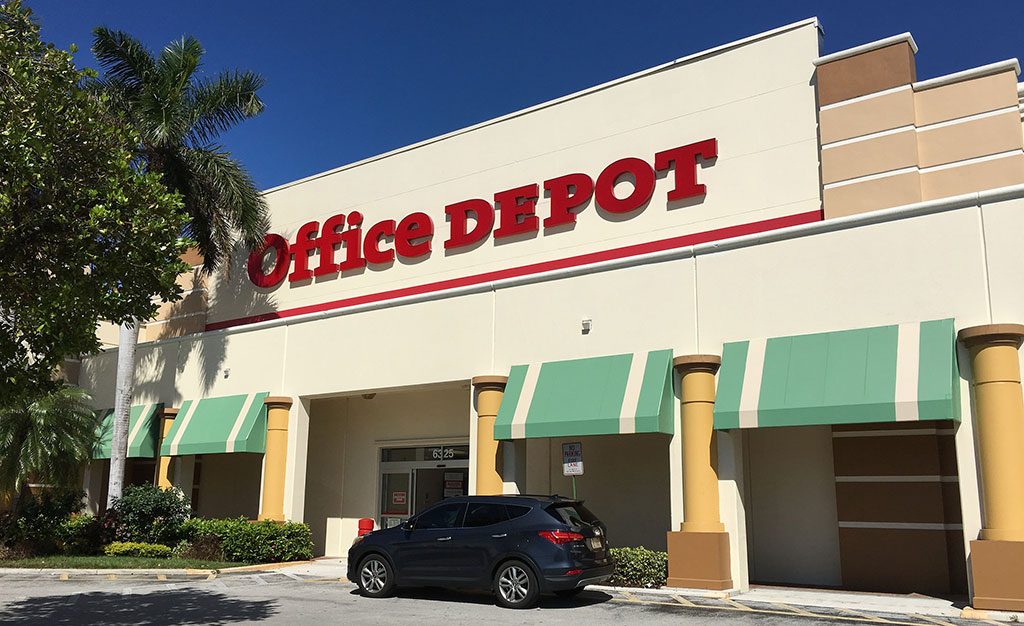Office Depot, Support.com tricked consumers into buying PC repair services, FTC says
Consumers spent millions of dollars on malware removal when they might not have been infected.

Malware removal is tricky business, in the sense that stubborn infections can sometimes be difficult to completely scrub away. For Office Depot and Support.com, however, the Federal Trade Commission alleges it was a literally tricky business that raked in millions of dollars worth of PC repair and technical services, through deceptive malware scans.
As part of a settlement with the FTC, the two firms will pay a combined $35 million. Office Depot is picking up the brunt of the bill, paying $25 million, while Support.com has agreed to fork over $10 million.
"Consumers have a hard enough time protecting their computers from malware, viruses, and other threats," said FTC Chairman Joe Simons. "This case should send a strong message to companies that they will face stiff consequences if they use deception to trick consumers into buying costly services they may not need."
At the center of the FTC's complaint is a PC Health Check program that Support.com provided to Office Depot (which merged with OfficeMax in 2013) from 2009 to 2016. According to the FTC's complaint, the program was marketed as a PC check-up and tune-up service to improve performance and scan for viruses.
The FTC alleges the program was configured to report the presence of malware symptoms or infections whenever a consumer answered "yes" to one of four questions asked at the outset. The questions asked whether the computer ran slow, received virus warnings, crashed often, or displayed pop-up ads or other problems that prevented the user from browsing the internet.
Those are indeed all potential symptoms of an actual malware infection, but according to the FTC, the program "did not and, by design, could not 'find' or 'identify' anything to return these results" indicating it had found an infection.
The FTC says both companies had been aware of concerns and complaints about the PC Heath Check program since at least 2012.
The biggest gaming news, reviews and hardware deals
Keep up to date with the most important stories and the best deals, as picked by the PC Gamer team.
"I cannot justify lying to a customer or being TRICKED into lying to them for our store to make a few extra dollars," an OfficeMax employee told corporate management in 2012.
Despite the complaints, the program continued until late 2016, generating tens of millions of dollars.
Paul has been playing PC games and raking his knuckles on computer hardware since the Commodore 64. He does not have any tattoos, but thinks it would be cool to get one that reads LOAD"*",8,1. In his off time, he rides motorcycles and wrestles alligators (only one of those is true).


